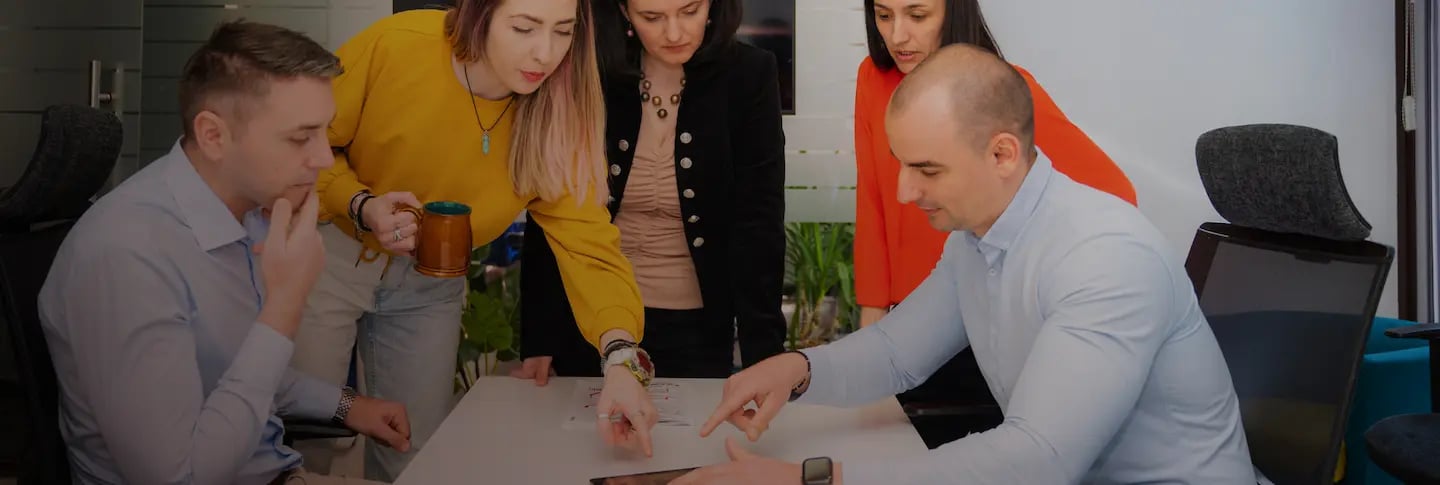The Annual Report for 2024 has been published. Read it here
×
The Annual Report for 2024 has been published. Read it here
×

Expertise-Driven Software Services & Solutions that evolve with your business.
Committed. Involved. Proficient.
Niels Jernes Vej 10
DK-9220 Aalborg Ø
Denmark
Phone: +45 7214 6660
Email: info@wirtek.com